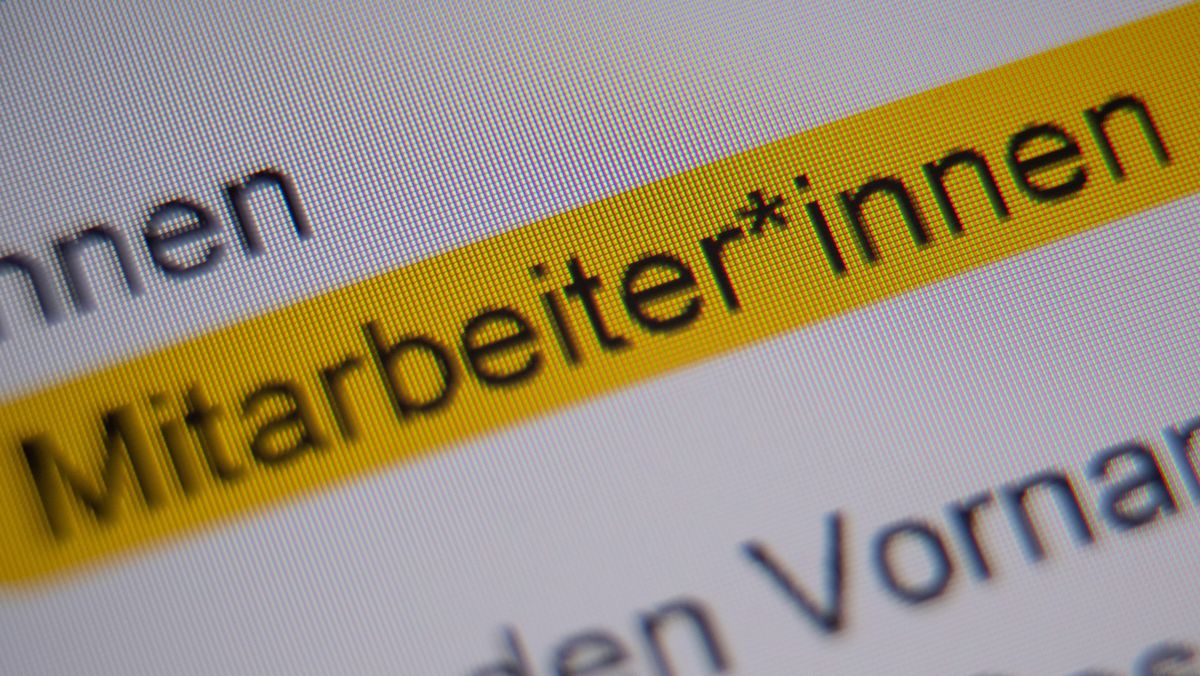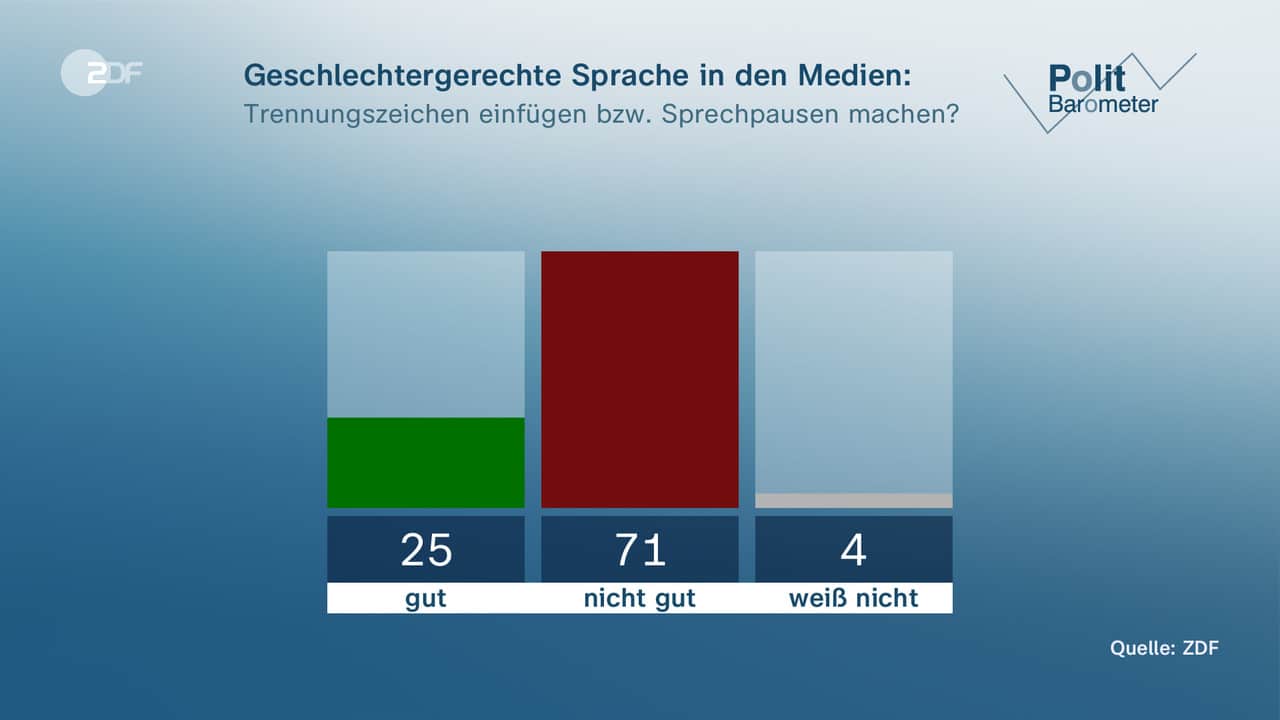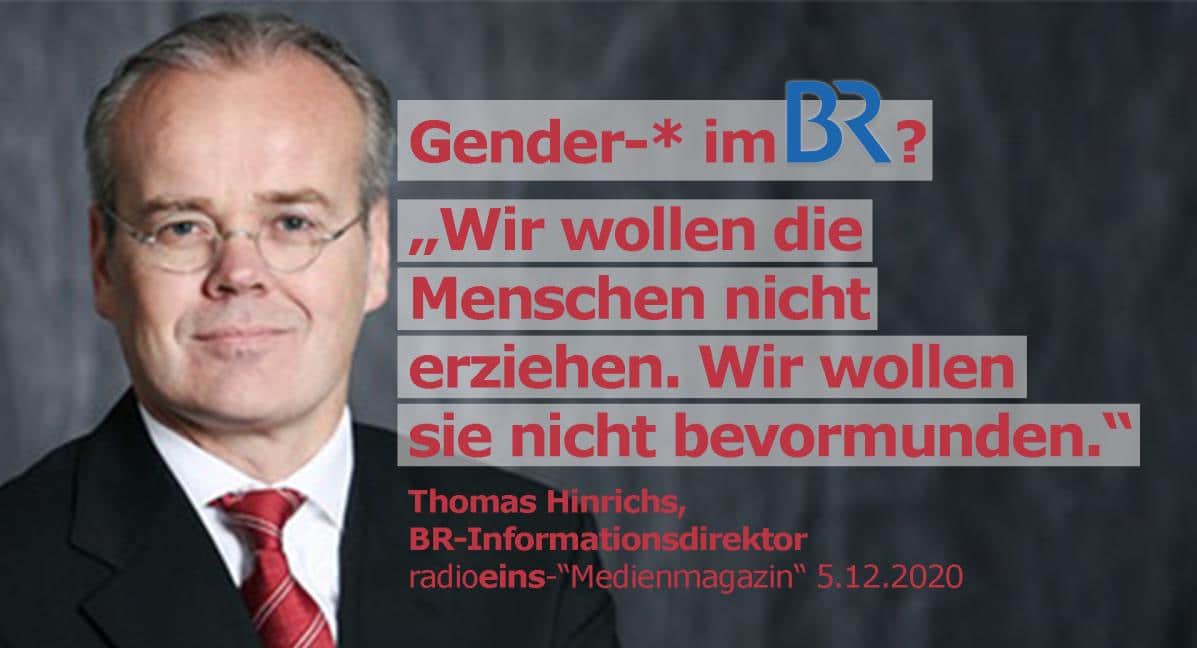Bayerischer Rundfunk prohibits gendering towards certain target groups
Hardly any other topic is as hotly debated at the moment as this one: should it be counter-gendered or not? Now Bayerischer Rundfunk has decided to put its foot down, at least in its own area. Because: gender asterisks are to be forbidden there.
In this context, the TAZ reported on an internal mail that prohibits employees from using the famous asterisks - both when writing and speaking. Nevertheless, there is one exception: if the offers refer to a target group that welcomes gendering, "*innen" may still be used. Otherwise not. But can target groups always be defined so precisely? And how sensible is it to apply double standards here?
A look at current developments shows that it could be a very long time before a compromise solution can possibly be found that ideally all parties involved are happy with.

Why should there be no more counter-gendering?
The TAZ asked and received the answer that the - by now already characteristic - pauses in the language could irritate the listeners. The language is thus to be made simpler and more understandable again.
If you let your gaze wander a bit through the social networks, you will indeed quickly realize that there are many people from the most diverse areas who are not comfortable with the idea of gendering.
Shortly after the ban on Bayerischer Rundfunk became known, however, critical voices from the other camp also came forward. Some accused the station of trying to please "conservative forces" and pandering accordingly. Those who - according to surveys - have significantly fewer problems with this kind of speaking or writing are actually queers and politically more left-wing oriented people. Of course, there are always exceptions here as well.

What is the case for gendering?
Admittedly, it may sound and read a little strange at first, but many people have become accustomed to asterisks in texts. But what is actually behind it? Why is it so important to many people to append an "*innen"?
The reason is simple: by gendering, it is once again emphasized that both men and women are meant by the corresponding terms.
But: the asterisks also stand for the rights of non-binary people who do not want to (or cannot) choose a specific gender.
A uniform regulation does not yet exist (?)
Whether on the radio or within the TV landscape, there is not yet a uniform rule on whether or not to counter-gender.
While some broadcasters discuss the topic directly with their viewers/listeners and inquire about their assessment, others leave it up to the responsible editors themselves to decide how they write or speak. However, there has not yet been such a uniform statement as the one that Bayerischer Rundfunk has now made. It remains to be seen whether other media institutions will follow suit.

Meanwhile, politics is also getting involved
The importance of the question "Togender or not to gender?"is taken very seriously is shown, among other things, by the fact that the topic is increasingly becoming a political issue. The SPD and the Greens in particular are comparatively open about this and largely support the use of the asterisk. On the part of the CDU, however, the "asterisk" is increasingly criticized.
At the end of June, an AfD motion was rejected that opposed the use of "so-called gender-equitable language by the federal government" as well as in printed materials of the Bundestag.
The discussions surrounding the ban, which has now been issued on the part of the BR, show that the issue is far from over and is still capable of heating up tempers.
The time has come, Hungary is getting serious.